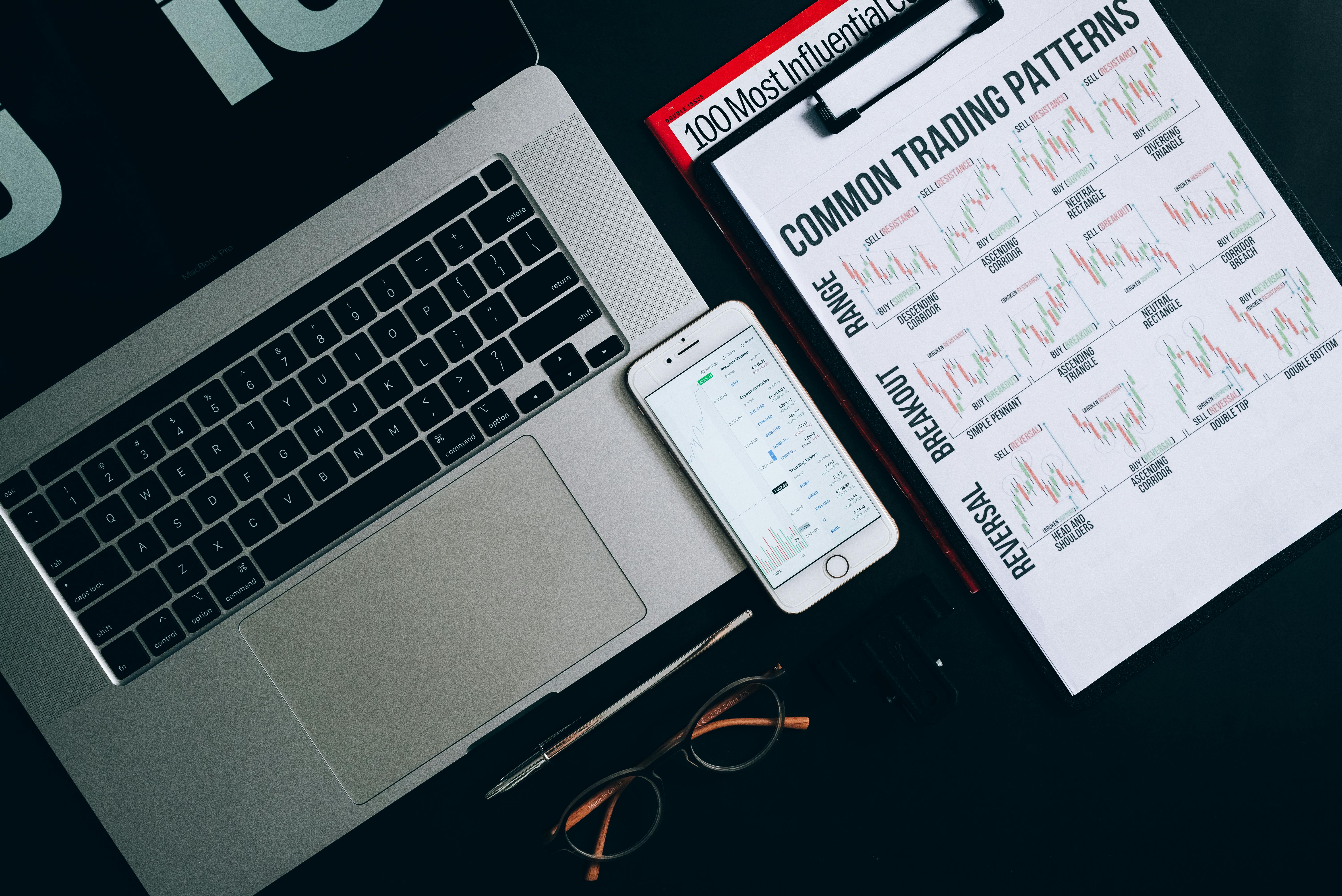
Statistical Analysis & Exploratory Data Science
Build strong statistical foundations for data science careers. Master hypothesis testing, probability distributions, and inferential statistics through hands-on practice with real datasets.
Course Overview
This comprehensive 14-week program establishes the statistical foundations necessary for data science work. Participants develop proficiency in statistical thinking, hypothesis testing, and exploratory data analysis techniques used across research and industry settings.
The curriculum emphasizes practical application of statistical methods to real-world problems. Through structured exercises and projects, you'll learn to formulate hypotheses, design appropriate tests, and interpret results within their proper context. The program covers both parametric and non-parametric approaches, ensuring versatility in handling different data types and distributions.
Working primarily with R and Python statistical libraries, you'll gain hands-on experience with the tools used by practicing data scientists. The course includes training in data cleaning, feature engineering, and pattern recognition techniques. Projects draw from healthcare, finance, and social science domains, providing exposure to varied analytical challenges.
Topics include probability theory fundamentals, sampling methods, confidence intervals, regression diagnostics, and correlation analysis. You'll learn to recognize and address common pitfalls such as selection bias, confounding variables, and overfitting. The program also develops skills in statistical visualization and communicating findings to non-technical audiences.
Professional Development Outcomes
Graduates of this program have applied their statistical skills across various professional contexts. Many have transitioned into analyst roles within organizations that value data-informed decision making.
Research Applications
Former participants have contributed to academic research projects, applying proper experimental design and statistical testing to validate findings. Skills learned here support work in university research groups and private research institutions.
Business Analytics
Several alumni work in business intelligence teams, using statistical methods to analyze customer behavior, optimize processes, and support strategic planning. The course prepares you for A/B testing and experimentation roles.
Healthcare Analytics
Participants with healthcare backgrounds have applied these methods to clinical data analysis, epidemiological studies, and health outcomes research. The rigorous statistical training supports evidence-based practice.
Further Education
This foundation has enabled students to pursue advanced data science programs and specialized certifications. The statistical knowledge serves as a prerequisite for machine learning and advanced analytics courses.
Tools and Technical Environment
The course utilizes industry-standard statistical computing environments and open-source tools widely adopted in data science practice.
R Statistical Software
Primary environment for statistical analysis. Learn ggplot2 for visualization, dplyr for data manipulation, and statistical testing packages. Work within RStudio IDE.
Python Libraries
Use NumPy for numerical computation, pandas for data structures, scipy for statistical tests, and matplotlib/seaborn for visualization. Jupyter notebooks for documentation.
Data Sources
Work with public datasets from UCI Repository, Kaggle, and domain-specific sources. Learn SQL basics for database queries and data extraction.
Computing Resources
Course provides access to cloud computing resources for larger datasets and computationally intensive analyses. Learn version control basics with Git for reproducible research practices.
Academic Integrity and Best Practices
The program emphasizes rigorous analytical standards and ethical data practices throughout the curriculum.
Statistical Validity
Learn to assess test assumptions, verify data distributions, and select appropriate methods for your analytical questions. Understand when standard tests apply and when alternative approaches are needed. Training includes recognizing spurious correlations and avoiding common misinterpretations of p-values.
Reproducible Research
Develop practices that allow others to verify and build upon your work. Document analytical decisions, maintain clean code, and create transparent workflows. Learn to write analysis reports that clearly explain methodology and limitations.
Data Privacy Considerations
Understand responsibilities when working with sensitive data. Course covers anonymization techniques, data protection principles, and ethical considerations in data collection and analysis. Learn relevant GDPR requirements for European context.
Peer Review Process
Participate in structured peer review of analytical work, learning to give and receive constructive feedback. Develop skills in critically evaluating statistical claims and identifying methodological weaknesses.
Suitable Participants
This course serves various professional backgrounds seeking to develop statistical analysis capabilities for data science work.
Career Changers
Professionals from quantitative fields transitioning into data roles. The program accommodates those with basic programming knowledge who need structured statistical training. Suitable for individuals with analytical backgrounds in business, science, or engineering.
Researchers
Graduate students and research assistants requiring stronger statistical foundations for their work. Beneficial for those conducting empirical research who need to properly design studies and analyze results.
Business Analysts
Current analysts wanting to deepen their statistical knowledge beyond basic descriptive statistics. Helps those working with data regularly who need to perform more sophisticated analyses and communicate findings with appropriate statistical rigor.
Technical Professionals
Software developers, engineers, and IT professionals adding data analysis to their skillset. The course bridges the gap between technical programming ability and statistical methodology.
Prerequisites
Basic comfort with mathematics including algebra and basic calculus concepts. Some prior programming experience helpful but not required. Familiarity with spreadsheets and data tables beneficial.
Progress Assessment and Evaluation
The program uses multiple assessment methods to track your development and provide feedback on your analytical capabilities.
Weekly Problem Sets
Regular exercises test understanding of concepts and provide practice with statistical techniques. Problem sets include both computational tasks and conceptual questions. Feedback helps identify areas needing additional focus.
Project Milestones
Three main projects spaced throughout the course allow you to apply methods to realistic datasets. Projects include data exploration, hypothesis formulation, analysis implementation, and results interpretation. Receive detailed instructor feedback on methodology and presentation.
Code Review Sessions
Participate in peer code reviews and receive feedback on your analytical implementations. Learn to write clean, efficient statistical code following best practices. Develop skills in reading and understanding others' analytical approaches.
Final Analysis Project
Complete a substantial analysis of your chosen dataset, demonstrating integration of course concepts. Present findings to classmates and instructors. Project should showcase statistical thinking, appropriate method selection, and clear communication of results.
Completion Requirements
Completion based on satisfactory performance across all assessment components. Attendance and participation in class discussions expected. Certificate awarded upon meeting all requirements.
Begin Your Statistical Data Science Journey
Join our next cohort starting September 2025. Limited enrollment ensures personalized attention and meaningful learning experience.